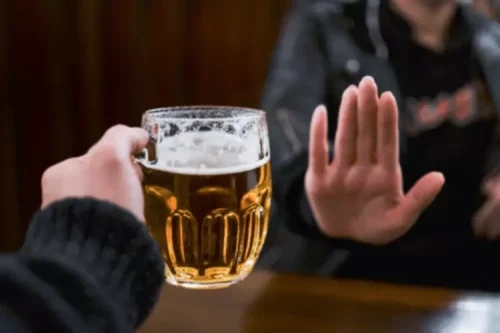
Direct drinking of heated liqueurs can result in a more intense flavor, sometimes bringing out hidden notes of the base liquor and sweeteners. It is important to keep in mind that storing an alcoholic beverage too cold or too hot can lead to an undesired outcome. Colder temperatures can make some drinks taste harsher, as cold temperatures will suppress the flavors and aromas. As the molecules expand, some of the alcohol evaporates into the air. Conversely, when alcohol is cooled, it will become more concentrated. With this in mind, it is important to keep in mind that if a drink is heated, it will contain less alcohol and therefore have a lower alcohol content than if it was stored at a cooler temperature.
Does mixing alcohol with other beverages reduce the burning sensation?
Alcohol also causes changes in the stomach which can lead to vomiting and nausea. Ultimately, drinking too much alcohol can lead to a decrease in alertness, increased risk of infections, and harmful behaviors. That said, if you do want to incorporate alcohol into your cold and cough regimen, some milder faces that are lower in alcohol content and higher in carbohydrates, such as beer, may be an option. However, if you have a fever, it may be best to avoid alcohol altogether.

Night Sweats and Alcohol: Why Alcohol Makes You Hot
- This can further contribute to the feeling of warmth, even if our overall body temperature is decreasing.
- For all these reasons and more, we’re better off treating a cold by getting rest, taking medications, and hydrating with water or electrolytes.
- Alcohol has a significant impact on our central nervous system (CNS), which controls our thoughts, movements, and senses.
- The carbon dioxide in beer can be refreshing, while the bitterness of the hops can lower your body temperature and help you cool off.
- I am a passionate beer connoisseur with a deep appreciation for the art and science of brewing.
- If you think you might have a kidney stone, call your doctor right away.
Acetaldehyde is the root cause of an alcohol flush, and it’s also responsible for other negative side effects of alcohol consumption, like nausea, headache, and rapid heartbeat. When you drink alcohol, it’s absorbed into your bloodstream through your stomach and small intestine. From there, it travels to your liver, where it is metabolized into acetaldehyde and then into acetate. To keep health risks from alcohol at a low level, it’s important to follow the guidelines.

Alcohol Triggers Sweating
A study on the effects of alcohol on thermoregulation found that alcohol consumption lowered the body’s core temperature. The study showed that alcohol affected the body’s ability to adjust its temperature over a 24-hour period, reducing the range of temperatures the body could regulate. This disruption to the body’s natural temperature control can be dangerous, as it increases the risk of hypothermia. While this may seem like a perk, it can actually be quite dangerous. The natural tendencies of your body — to Sober living home detect cold, for example — are there to protect you from frostbite or hypothermia.
- Have you ever noticed that when you drink alcohol, you may feel a warm and fuzzy inside?
- But you can also get hypothermia in cool weather if you’ve been in the rain or submerged in water, like in a pool.
- Dress in layers and be able to shed off layers, rather than be underdressed and then figure out your core temperature is steadily dropping.
- You might be drinking bootlegged vodka with harmful or illegal content.
- One key player in this process is the neurotransmitter called gamma-aminobutyric acid (GABA).
- It can also be quite hydrating, as it has a moderate amount of electrolytes and some carbohydrates that help to replace those lost when you sweat.
You need to be able to identify the signs of alcohol addiction so that you can ask for help and start recovery. If you are concerned that you have become too dependent on alcohol, consult your doctor. They can discuss the issue with you and arrange appropriate treatment.
The body, in turn, cannot break down the alcohol properly, leading to symptoms such as flushness, hotness in the skin, and nausea. Be sure to limit your intake of wine if you ever have problems with blood circulation. The natural vasodilator of the drink might cause not only hotness but also trigger health issues. As our stomach is not equipped to process alcohol, your liver is the one that’s going to break it down to be digested.
This interference can lead to a mix-up between our brain and the body’s systems that control temperature. This mix-up can cause us to feel cold even when the surroundings are warm. When you drink alcohol, your heat receptors lower their activation threshold from 42°C why does alcohol feel warm going down to 34°C, which is lower than the average temperature of the human body.

Why Does Vodka Burn Your Mouth And Throat?
Usually, your blood vessels constrict in lower temperatures in order to direct blood to your vital organs, Simon said. What’s more, because your body thinks it’s hot, you can begin to sweat — a response that is also designed to lower body temperature. Compounded with the cognitive effects of alcohol, serious complications can arise.

